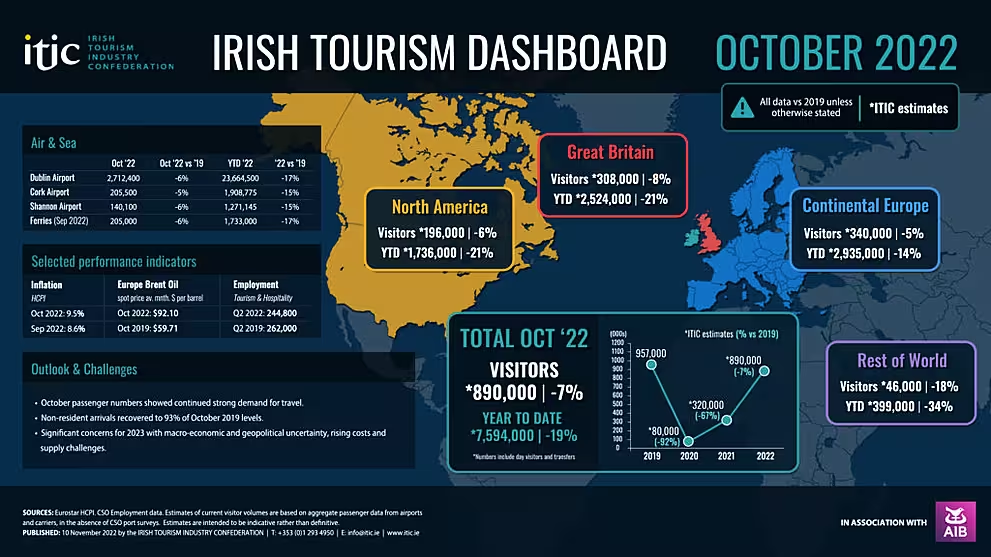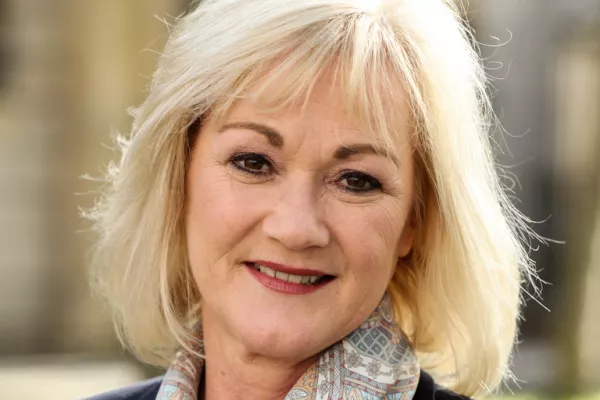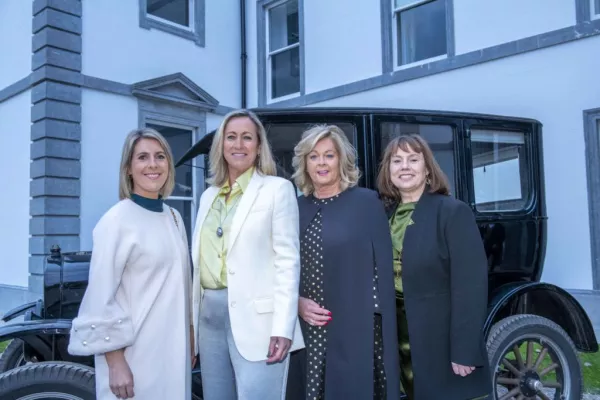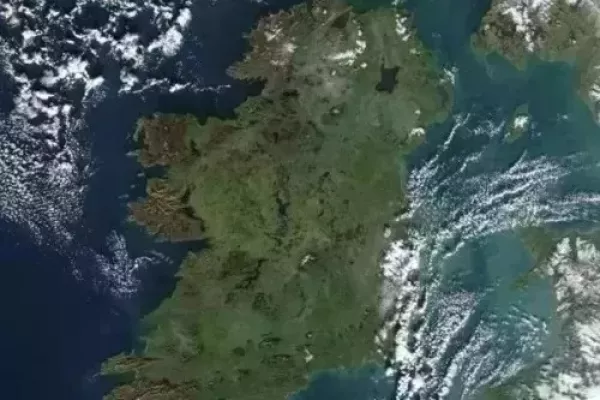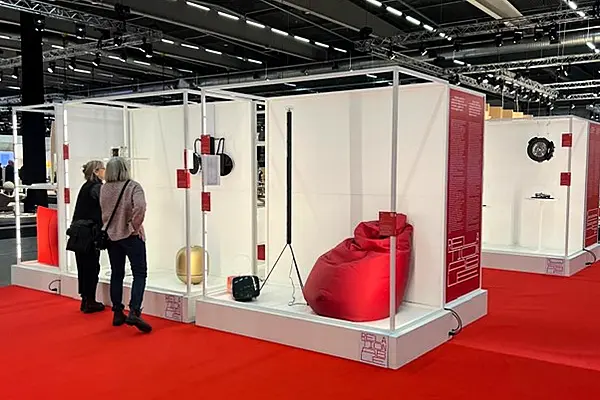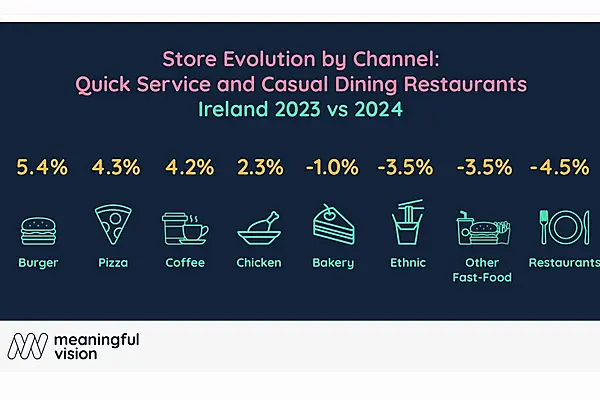The Irish Tourism Industry Confederation (ITIC) has issued its latest monthly tourism dashboard, which shows a strong performance in October. However, soaring cost inflation and a deteriorating global economic outlook - allied with the limited tourism accommodation supply - means that there is significant concern for the year ahead.
Details
ITIC's tourism dashboard is published in association with AIB and compares each month to the same month in 2019, which was the last normal year for the Irish tourism industry. Using carrier and port data, ITIC extrapolates inbound visitor numbers by market based on past performance.
Nearly 900,000 international visitors came to Ireland during September, which was a recovery of 93% compared to the same month in 2019, and an improving trajectory with a 19% lag year to date. Last month, visitors from continental Europe performed most strongly, being down 5% on 2019, while the key North American market returned just under 200,000 visitors.
Looking forward, ITIC expressed significant concern that recovery would be threatened by soaring cost inflation, the energy crisis and the impact of government contracts with tourism accommodation suppliers.
Statements
ITIC chairperson Elaina Fitzgerald Kane said, "Comparing tourism monthly data to 2019 we feel is the best comparison and will help track recovery. Pre-pandemic tourism was the country's largest indigenous industry, its biggest regional employer, and contributed €2 billion annually to the exchequer and it is vital that the sector returns to sustainable growth."
Fitzgerald Kane added, "Tourism and hospitality businesses are very concerned that their recovery will be halted by soaring cost inflation and supply constraints."
Fitzgerald Kane welcomed the Temporary Business Energy Support Scheme that was announced in last month's budget, but argued that it needed to be "more generous" because energy bills for many hotels and restaurants have jumped "to unsustainable and unprecedented levels", warning that profit margins "have come under serious pressure".
Fitzgerald Kane also said that it is vital that the 9% VAT rate for the sector is extended throughout next year.
ITIC CEO Eoghan O'Mara Walsh expressed significant concern that supply would be restricted next year impacting on the broader tourism economy's recovery.
O'Mara Walsh said, "We now know from the Department of Children that 23%, or nearly 1 in 4 bedrooms, of tourism accommodation is occupied by Ukrainian refugees or asylum seekers and this number seems to be growing as each week goes by. While hotels and guesthouses are part of the solution to accommodate refugees, they cannot be the only solution. If this level of tourism accommodation stock is not available next year for international visitors it will have an enormous knock-on effect for the broader tourism economy and regional employment in particular."
Fitzgerald Kane said, "The tourism industry cannot be asked, to its own detriment, to be the primary provider of accommodation."
Head of hospitality and tourism sector for AIB business banking Jonathan Clarke said, "Notwithstanding the challenges facing the industry, tourist numbers are recovering which is good for industry and the national economy. AIB will continue to support the sector during these turbulent times."

